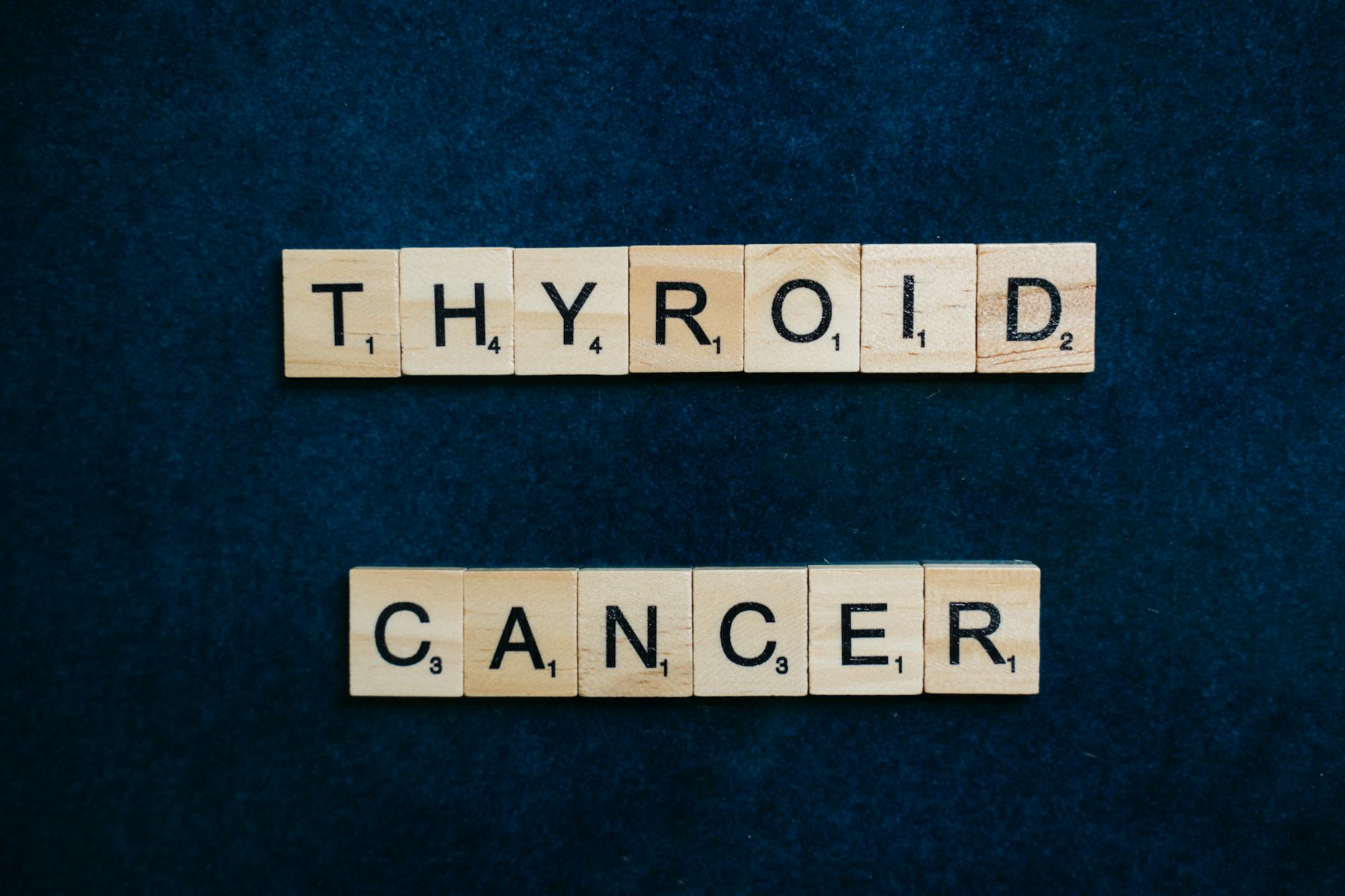Uncover the mysterious symptoms and innovative treatments for Graves’ Disease in this eye-opening blog post. You won’t want to miss it!
Table of Contents
When it comes to autoimmune diseases, Graves’ disease is one that often flies under the radar. This condition affects the thyroid gland, leading to an overproduction of thyroid hormones. Understanding the symptoms and treatment options for Graves’ disease is crucial for those who may be affected by this often-misunderstood condition.
Covering the Basics: What is Graves’ Disease?
Graves’ disease is an autoimmune disorder that causes the thyroid gland to become overactive, a condition known as hyperthyroidism. The immune system mistakenly attacks the thyroid gland, leading to the production of excessive amounts of thyroid hormones, primarily thyroxine (T4) and triiodothyronine (T3). This hormonal imbalance can wreak havoc on the body, affecting various systems and functions.
Recognizing the Signs and Symptoms
The symptoms of Graves’ disease can vary from person to person, but there are common signs to watch out for. These may include:
- Unexplained weight loss
- Increased appetite
- Irritability and anxiety
- Tremors in the hands and fingers
- Difficulty sleeping
- Irregular heartbeat
If you suspect you may have Graves’ disease based on these symptoms, it’s essential to seek medical advice for a proper diagnosis.
Diagnosis and Treatment Options
Diagnosing Graves’ disease typically involves a combination of physical examination, blood tests to check thyroid hormone levels, and imaging tests like a thyroid ultrasound or radioactive iodine uptake scan. Once a diagnosis is confirmed, treatment options may include:
1. Medications: Antithyroid drugs such as methimazole or propylthiouracil can help to reduce the production of thyroid hormones.
2. Radioactive Iodine Therapy: This treatment involves ingesting radioactive iodine, which targets and destroys the overactive thyroid cells.
3. Thyroidectomy: In severe cases or if other treatments are ineffective, surgical removal of the thyroid gland may be necessary.
Each treatment option comes with its own set of risks and benefits, so it’s crucial to work closely with a healthcare provider to determine the best course of action for managing Graves’ disease.
Living with Graves’ Disease: Tips for Coping and Management
Managing Graves’ disease is an ongoing process that requires proactive monitoring and lifestyle adjustments. Here are some tips to help cope with the challenges that may arise:
| Topic | Information |
|---|---|
| What is Graves’ Disease? | Graves’ Disease is an autoimmune disorder that causes the overproduction of thyroid hormones. It affects the thyroid gland and can lead to a range of symptoms. |
| Symptoms of Graves’ Disease | Common symptoms include weight loss, rapid heartbeat, bulging eyes, irritability, fatigue, and heat sensitivity. It can also cause tremors and muscle weakness. |
| Diagnosis | Diagnosing Graves’ Disease involves blood tests to measure thyroid hormones, imaging tests to assess the thyroid gland, and sometimes a thyroid uptake scan. |
| Treatment Options | Treatment may involve medication to block the production of thyroid hormones, radioactive iodine therapy to destroy thyroid cells, or surgery to remove part or all of the thyroid gland. |
| Potential Complications | If left untreated, Graves’ Disease can lead to serious complications such as heart problems, osteoporosis, and eye issues. It is important to seek treatment to manage symptoms and prevent complications. |
1. Follow up with regular medical appointments to monitor thyroid hormone levels and overall health status.
2. Maintain a healthy diet rich in nutrients essential for thyroid function, such as iodine and selenium.
3. Practice stress-reducing techniques like meditation, yoga, or deep breathing exercises to help manage anxiety and irritability.
4. Seek support from loved ones, support groups, or mental health professionals to address the emotional impact of living with a chronic condition.
Final Thoughts: Empowering Yourself Through Knowledge
Graves’ disease may present challenges, but with the right information and support, it is possible to lead a fulfilling life while managing the condition effectively. Remember, you are not alone in your journey, and there are resources available to help you navigate the complexities of Graves’ disease. Stay informed, stay proactive, and remember that your health and well-being are worth prioritizing.
FAQs
What causes Graves’ Disease?
Graves’ Disease is caused by an autoimmune reaction where the body’s immune system mistakenly attacks the thyroid gland, leading to overproduction of thyroid hormones.
What are the common symptoms of Graves’ Disease?
Common symptoms include weight loss, increased appetite, irritability, tremors, difficulty sleeping, and irregular heartbeat.
How is Graves’ Disease diagnosed?
Diagnosis involves physical examination, blood tests to measure thyroid hormone levels, and imaging tests like a thyroid ultrasound or radioactive iodine uptake scan.
What are the treatment options for Graves’ Disease?
Treatment options may include medications to reduce thyroid hormone production, radioactive iodine therapy, or surgical removal of the thyroid gland.




